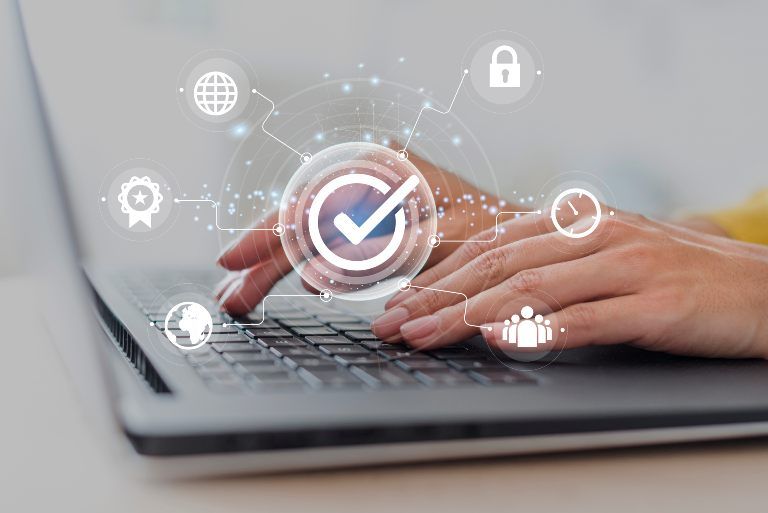In an era dominated by digital landscapes, safeguarding our online presence is more critical than ever. Cyber threats continue to evolve, and traditional password protection is no longer sufficient. This is where Multi-Factor Authentication (MFA) emerges as the superhero, fortifying ctnewswire.com/ our digital fortresses against malicious intruders. In this comprehensive guide, we’ll delve into the depths of MFA, exploring its significance, implementation, and why it’s the cornerstone of modern cybersecurity.
Table of Contents
Understanding Multi-Factor Authentication
What is Multi-Factor Authentication?
Multi-Factor Authentication, commonly known as MFA, is a security protocol that requires users to provide multiple forms of identification before granting access to a system or account. These factors typically fall into three categories:
- Something You Know: Passwords or PINs.
- Something You Have: Security tokens, smart cards, or mobile devices.
- Something You Are: Biometrics like fingerprints, retina scans, or facial recognition.
By combining these factors, MFA adds an extra layer of security, significantly reducing the risk of unauthorized access, even if one factor is compromised.
The Importance of Multi-Factor Authentication
1. Enhanced Security:
- MFA mitigates the risks associated with stolen or weak passwords by adding supplementary layers of authentication.
- Even if a password is compromised, the additional factors act as a robust defense mechanism.
2. Protecting Sensitive Data:
- In an age where data is the new currency, protecting sensitive information is paramount.
- MFA ensures that only authorized individuals can access critical data, minimizing the threat of data breaches.
3. Compliance Requirements:
- Many industries have regulatory standards mandating the use of MFA to safeguard customer information and maintain compliance.
Implementing Multi-Factor Authentication
1. Choosing the Right Factors:
- Evaluate the nature of your organization and select factors that align with your security requirements.
- The combination of factors should strike a balance between security and user convenience.
2. Integration with Existing Systems:
- Seamless integration with existing systems is crucial for a successful MFA implementation.
- Choose MFA solutions that easily integrate with your organization’s infrastructure.
3. User Education:
- Educate users on the importance of MFA and guide them through the setup process.
- A well-informed user is more likely to embrace and adhere to security protocols.
Challenges and Solutions
1. User Resistance:
- Some users may find MFA inconvenient initially.
- Address this by highlighting the increased security benefits and providing user-friendly guides.
2. Integration Complexity:
- Integrating MFA into complex systems can be challenging.
- Work with experienced cybersecurity professionals to ensure a smooth integration process.
The Future of Multi-Factor Authentication
As technology advances, so does the realm of cybersecurity. The future of MFA holds exciting possibilities, including:
- Biometric Innovations: Continued advancements in biometric technology for more accurate and user-friendly authentication.
- Behavioral Analytics: Utilizing user behavior patterns for adaptive authentication.
- Integration with Emerging Technologies: MFA evolving alongside technologies like artificial intelligence and blockchain.
Conclusion
In the ever-expanding digital universe, Multi-Factor Authentication stands as a stalwart guardian, defending against the relentless onslaught of cyber threats. Its role in fortifying our digital identities cannot be overstated. As we move forward, embracing the evolving landscape of cybersecurity, MFA will remain a beacon of resilience, ensuring a secure online environment for individuals and organizations alike.
